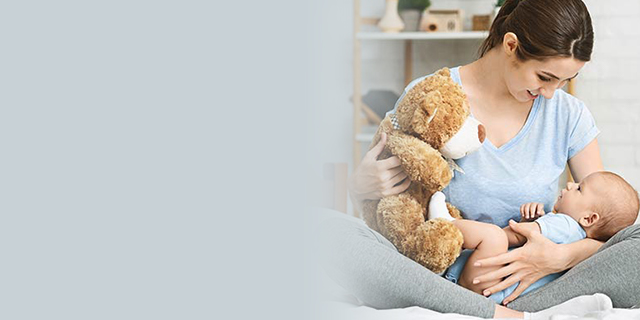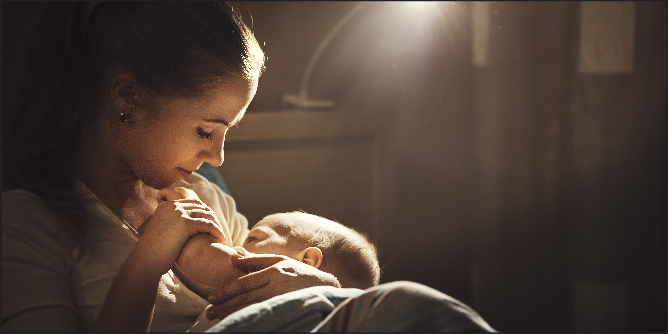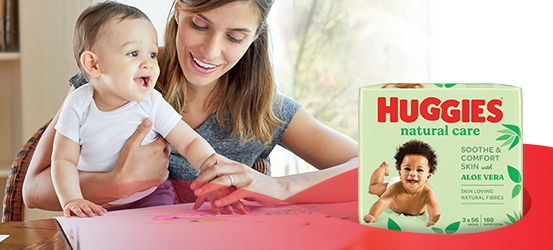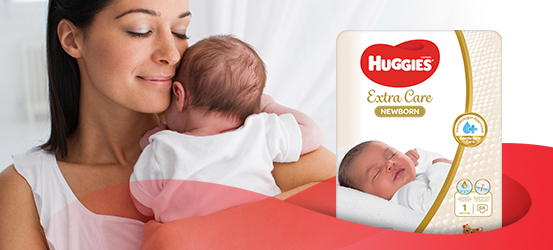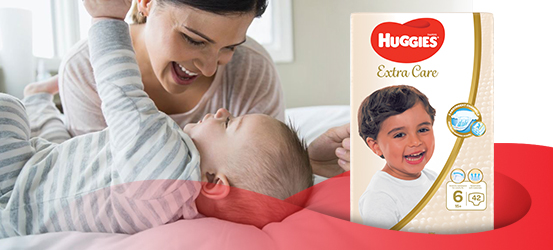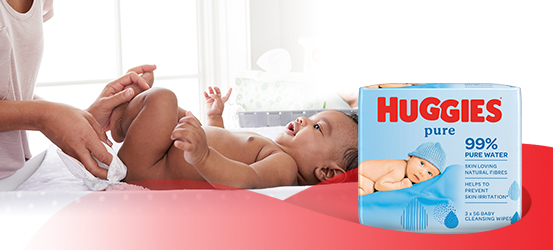You'll probably be wondering just what you did with your time and it will become harder to remember what life was like before your baby was born.
Getting to know your baby and feeling comfortable about predicting its needs is something that only you and your partner can experience. Although you're likely to get lots of advice from well-meaning sources, only you can decide what will work for your own little family.
Feeding
Your baby's feeding and sleeping times will be closely linked at 3 weeks. It will also become impossible to separate them. It is even considered normal behaviour for young babies to go to sleep while they are feeding.
Feeding is hard work and tires small babies out. To coordinate the complex actions of sucking, swallowing, pausing and then starting the whole cycle over again uses up energy. After feeds, your baby is likely to want to sleep for a couple of hours, or until hunger causes them to wake again.
Your baby's stomach won't be able to hold much milk at any one time, which is why they will need to feed frequently.
Sleeping
You'll find your baby dozes off to sleep quite easily at 3 weeks – more commonly after a feed or when you are cuddling them. Having a tummy full of warm milk acts as a natural sedative, so the most realistic time to expect young babies to settle is just after they have fed.
Hungry babies tend not to sleep well because they are constantly searching for more milk. If your baby is unsettled and not sleeping between feeds, check with your clinic nurse to ensure that your baby has regained its birth weight. This generally takes around 2 weeks after birth but it can be a little longer in cases of prematurity or complications.
Wrap or swaddle your baby before you place them in their bassinette or cot. A light cotton wrap is ideal and will help them to feel more secure. It will also help to contain their startle reflex, which may cause them to wake early. Always place your baby on their back to go to sleep. This is a well-known protective strategy against SIDS.
Behaviour
The new born reflexes your baby was born with, will still be clear to you. Their startle, sucking, grasping and stepping reflexes are all automatic actions stemming from deep within their brain. Each reflex disappears at different times and ages, though their startle reflex will continue throughout life.
Your baby may be a little more wakeful now. You will find them responding to your voice, trying to focus on your face and searching your face for features. They will make small noises, quite separate to their crying. These will become more familiar to you over time.
This is still a time of discovery as you become more familiar with each other. There will be times when you feel you know your baby and their behaviour; and others where they will still seem like a relative stranger to you.
Nappies
If you are breastfeeding, you're likely to find your baby fills their nappy as soon as they start sucking. This is caused by a reflex action and is likely to settle in the next few weeks. Some parents choose not to change their baby before a feed because of the inevitable dirty nappy halfway through it. As long as your baby does not have a nappy rash and their skin is intact, this is not a problem.
Work out what is practical and minimises your workload in terms of nappy changing. You may find a couple of changing stations set up in the house is a better arrangement than having just one.
Encourage your partner to change your baby's nappies, too. Both of you can perfect this procedure and make nappy changes easier for each other.
Cord Care
Your baby's cord stump will have separated by now, but there may still be a small area of redness in the centre of their umbilical cord. Unless it has an unusual smell, is moist, or the surrounding skin is red, don't be concerned. With time and exposure to the air, this area will heal fully.
Some babies will have a small hernia. This happens when the ring of muscle fibres around the cord stump do not completely join. If you are concerned, check with your doctor or paediatrician.
Hygiene
Daily bathing for your baby is not essential, but it can be a very pleasant experience for both of you. If your baby is unsettled and not wanting to sleep, a deep warm bath can be a lovely way to relax. Some babies don't like being naked and object to feeling exposed. Placing a warm, wet facecloth over your baby's tummy during the bath can help them feel more secure.
Remember to look after your own hygiene as well. It is important to shower at least once a day (if not twice) if you still have any vaginal bleeding. It may take up to six weeks before you stop bleeding, but don't be concerned if you have stopped before this time.
Your Emotions
You could be feeling a little drained and worn out at this 3-week-stage. The initial excitement is lessening and the reality of having the baby is starting to hit home. After so many months of looking forward to your baby's arrival, you could be feeling disappointed and a little empty without this as your focus. This is a normal and does not in any way mean that you are a bad parent.
You might find yourself crying more easily than usual, too. Looking at your baby, listening to them crying, feeding and cuddling them may bring up powerful emotions. Give into the tears if you need to. Unless you are feeling miserable and not enjoying these early weeks, some crying and fluctuating maternal emotions are completely normal.
Remember to look after yourself and ask your partner or other family members for help if you need it. The focus can be so strongly on your baby that you might often feel left out. Sometimes people need to be reminded that new mothers need some attention as well.
Don't expect yourself to be an expert parent – no one is. You are likely to go through a whole range of trial and error attempts before you find what works for you and your baby.
Your Physical Recovery
Don't expect your body to look like it did before you had the baby. Your tummy will still be loose and stretchy and some women even look as if they are still pregnant at this stage. With time, your body will resume its usual size, but for most women, pregnancy does change their shape and muscle tone – especially in the abdominal region.
What About Dad?
It's important to remember that mothers are not the expert parents and dads are not the support act. Give your partner time and space to develop his own, special relationship with the baby. Even if you are breastfeeding, he can help support you by changing, burping and settling the baby after feeds.

